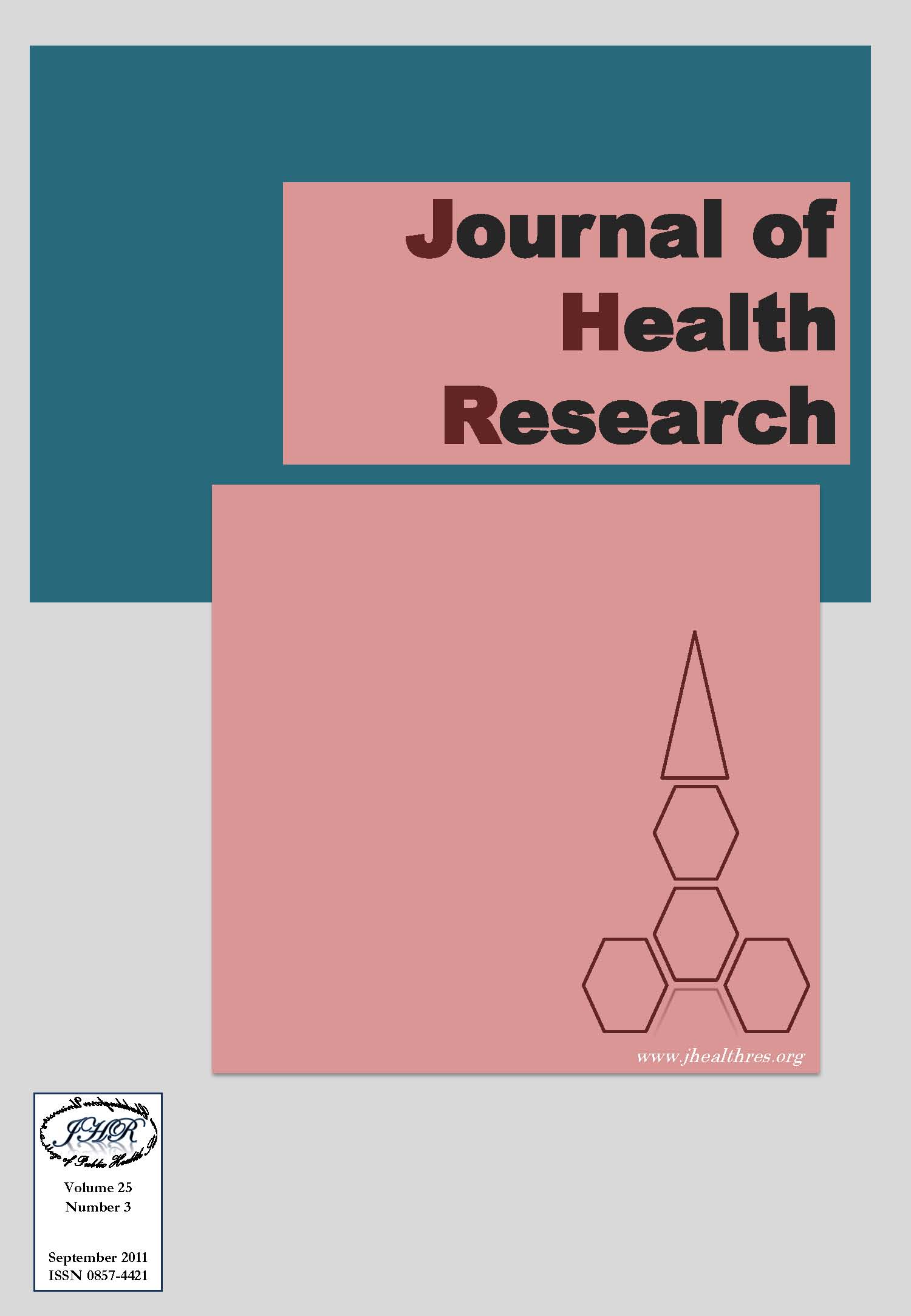Knowledge, Attitude and Practices (KAP) on Disposal of Sharp Waste, Used for Home Management of Type-2 Diabetes Mellitus, in New Delhi, India
Keywords:
Household sharp waste, Knowledge Attitude and Practices (KAP), Type-2 diabetes mellitus, DelhiAbstract
This was a cross-sectional study to explore the factors influencing practices about household sharp waste management among type 2 diabetics in Delhi, India. The study used self-administered questionnaires to find socio-demographic characteristics, diabetes management characteristics, and knowledge, attitude and practices (KAP) towards household sharp waste management. While there is a large amount of literature on sharp disposal practices in the healthcare setting, to the best of our knowledge sharp disposal at home and associated factors has not been studied in India before. A total of 303 type 2 diabetics, who were above 18 years of age and gave informed consent, were asked to fill a self-administered questionnaire stating their socio-demographic, diabetes management characteristics, and KAP on household sharp management. Information or education on sharp use and disposal by healthcare provider, pharmacist and sharp manufacturer was collected as influencing factors. Any past injury to self, family member or to pet was also collected as one of the potential influencing factors. The study did not find any association of socio-demographic factors, diabetes management characteristics (like duration of type 2 diabetes, duration and frequency of insulin use, number of needles and lancets used, reuse of sharps, frequency of blood glucose monitoring, frequency of physician visit etc.), knowledge and attitude with sharp disposal practices of respondents. Household waste bins were frequently used by majority (84.1%) of respondents to discard their sharps, whereas only a few (16.9%) had informed their garbage handlers about presence of sharps in their waste. In contrast, influencing factors like education form healthcare provider, pharmacist and friends were significantly associated with good sharp disposal practices.






